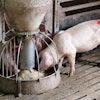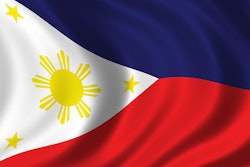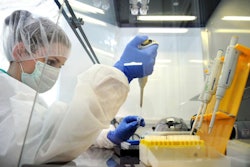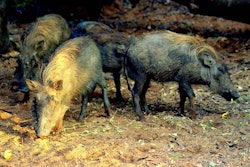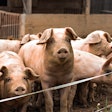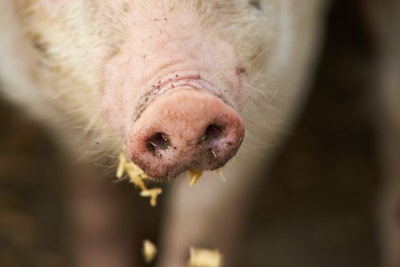
US needs to better protect itself against virus with a more comprehensive biosecurity program
While U.S. pork producers have ramped up biosecurity, surveillance and preparedness efforts to protect against an outbreak of African swine fever (ASF), one expert says the risk of the virus hitching a ride into the U.S. in animal feed needs to be addressed.
“I am concerned about the risk of feed,” said Scott Dee, DVM, director of research at Pipestone Veterinary Services, during a webinar on April 1 presented by Alltech. “There’s a lot of science out there now that says viruses … live very well in feed and, specifically, they live very well in soy-based products. So, organic soybean meal, regular soybean meal, soy oil cake, a lot of these products, surprisingly, we bring into our country from ASF-positive countries like China, Ukraine and Russia, which is kind of crazy, in my opinion.”
In spring 2019, research out of Kansas State University confirmed that animal feed contaminated with ASF virus can sicken swine, prompting scientists and industry leaders to call for caution among feed producers and importers. Previous studies had already established that ASF is highly stable across a diverse range of feed ingredients, although the amount of virus necessary to cause infection was higher in liquid media than in dry products.
The U.S. has tight controls and screening measures at ports of entry to detect and dispose of pork and pork products, but the risk of feed ingredients carrying the virus has not been adequately addressed, Dee said.
“We can do all we want with meat and we can do all we want with people, but if we don’t combine that with a program to reduce the risk of viruses coming in in these high-risk ingredients, we’re leaving ourselves wide open to the introduction of a foreign animal disease,” he said.
Dee also speculated that some of the feedstuffs the U.S. imports that are labeled as organic may not actually be so. For example, in 2016, several conventional grain shipments made their way from the Ukraine through Turkey and to American ports; however, somewhere along the line, the grain was deemed organic after the paperwork was doctored.
“I think they’re labeled organic; whether they’re truly organic is the question, but that’s how they’re coming in is under the guise of organic products,” Dee said. “I think we have to stop this or we have to restrict it to the point where it makes it very difficult to do. Without doing that, we won’t have a complete approach or a comprehensive biosecurity plan for the continent.”
View our continuing coverage of the African swine fever outbreak.

